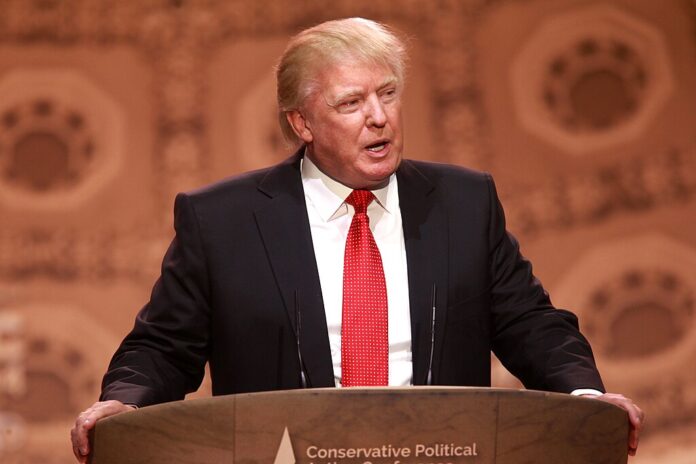President-elect Donald Trump raises concerns by keeping donor names and contributions to his transition effort undisclosed, breaking from past presidential practices
In a departure from established norms, President-elect Donald J. Trump has decided to keep the names of the donors financing his transition team a secret, raising concerns among ethics experts. Traditionally, transition teams are funded by a mix of private donations and federal funds, with contributors’ names made public to ensure transparency. However, Trump has chosen not to disclose the sources of the donations for his second-term transition, sparking a debate about potential conflicts of interest.
Trump’s transition team is being funded through private donations, with no limit to the amount of money that can be contributed. This move comes after Trump declined to sign an agreement with the Biden administration, which would have imposed strict restrictions on private fundraising in exchange for up to $7.2 million in federal funds to assist with the transition. By opting out of this agreement, Trump can raise an unlimited amount of money from undisclosed donors, which will go towards paying for staff, office space, and travel expenses necessary for the government handover.
This marks the first time in modern history that a president-elect has bypassed the traditional restrictions on fundraising. The decision has raised alarm among watchdog groups and ethics experts, who worry that it could pave the way for undue influence from special interest groups, corporations, and even foreign nationals. In the past, transparency in transition funding was seen as a key measure in preventing conflicts of interest, ensuring that the incoming administration was not unduly influenced by private donors.
Embed from Getty ImagesAs the transition progresses, questions are being raised about who might be contributing to the fund and what influence they could potentially wield over Trump’s policies and appointments. The Trump team has not provided any details about the donors, and there is concern that the lack of transparency could create opportunities for foreign governments or wealthy individuals with business interests to gain access to the administration.
While the federal funds allocated for transitions are meant to ensure a smooth handover of power, the amount of money raised privately could far exceed that. In previous transitions, donor names were made public in order to avoid any perception of conflicts of interest. However, Trump’s decision to reject this transparency has put a spotlight on the potential for financial influence behind the scenes.
Trump’s transition team has defended the move, stating that it is entirely legal and that they are committed to a transparent process, despite withholding the names of the donors. The team has also argued that private donations are necessary to fund the transition in the absence of the federal money, but critics remain unconvinced, pointing to the potential risks of not knowing who is financing the incoming administration’s operations.
The issue of transition funding is especially sensitive given Trump’s history of being accused of prioritising the interests of wealthy donors and corporations. Ethics experts argue that the lack of transparency could undermine public trust in the incoming administration and its commitment to avoiding conflicts of interest.
This break from tradition comes at a time when many are already concerned about the growing influence of money in politics, particularly in the aftermath of the Supreme Court’s Citizens United decision, which allowed for unlimited donations to political action committees. The Trump administration’s decision not to disclose its transition funding adds fuel to the ongoing debate about the role of money in American politics and the potential consequences of undisclosed donations to those in power.
As the transition continues, the eyes of ethics watchdogs, political analysts, and the public remain focused on the sources of funding for Trump’s second-term plans. With millions of dollars flowing into the effort without any oversight, it remains to be seen whether the administration will face any backlash or scrutiny over its fundraising practices as the new term begins.
